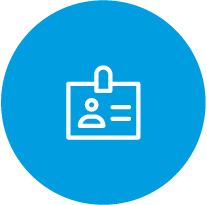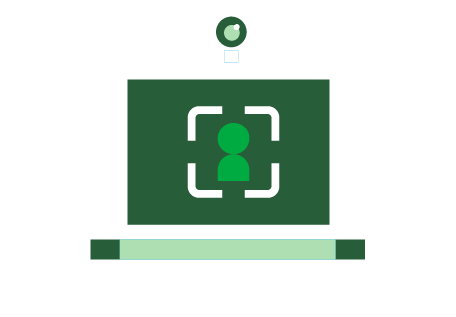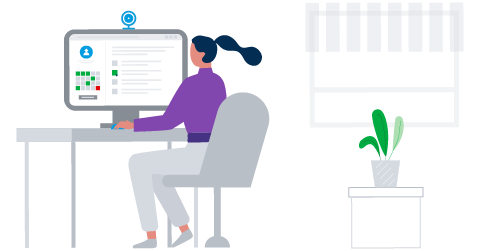Traditionally, the entrance exams were conducted using the ‘pen-and-paper’ method. Delhi/NCR applicants could take their exams and interviews at the University’s Delhi office. However, the admissions team had to travel to 8 cities for every admission drive to attract a larger applicant pool. The university understood the importance of having a diverse student base.
Hence, academia believed that many deserving applicants were being excluded from the process. Therefore, the university wanted to shift its admission process to the online ecosystem, which was swift and easy.
Academicians at the University were well-versed in technology and online platforms. However, they were concerned about accessibility, credibility, tech adaptability and the examination experience for all stakeholders. There concerns in conducting online exams included:
- Robust examination platform
Ashoka University’s question paper format was distinct for each subject. It consisted of MCQs, lengthy essay-type questions, and quantitative questions. There were other challenges, such as the question order, test duration, scoring logic, and more. The University also required a real-time and reliable evaluation of assessments to make informed decisions. Therefore, it needed a platform that could personalize the exam console, from creation to analysis.
Diversity and inclusiveness were central tenets of the University’s approach to education. However, low-speed internet and broadband connectivity were bottlenecks in ensuring a level-playing field for all students. Therefore, the University wanted the online examination platform to function without glitches and offer seamless exam-taking experience, irrespective of the internet speed.
Data security was a significant concern in administering exams online. The University did not want to expose its examination to question paper leaks or unauthorized data disclosure. Hence, it needed a robust security mechanism to safeguard both applicants’ and the University’s data.
The academicians explored an airtight solution to preserve the integrity of the test-taking process. The University wanted proctors to monitor applicants and ensure a cheating-free examination process.
- Live proctors for validation
Ashoka University was facing a significant challenge in authenticating international exam-takers. While Indian candidates were validated using an aadhar card or a passport, it was difficult to ascertain an ideal identification document for international applicants. Moreover, some applicants appeared for the exam from remote locations and had an unstable internet connection. The screen, therefore, couldn’t appropriately capture the image of the id card. Hence, manual proctors were required to validate the test-takers.
The University was aware that many applicants would confirm their status for the exam at the last minute. Many students were also expected to take tests from cyber cafes, which meant a noisy environment and additional people in the background. Therefore, the University wanted special requests, such as last-minute submission of applications, mindful proctors, etc., to be accommodated.
The University did not want to be rigid with the time and date of the examination, as at center-based exams. Hence it wished for an extended examination window and was scouting for a preferential resource that considered such an arrangement.
The University’s admissions team was exploring a viable association to tide over its on-ground challenges. It included adhering to its test distribution requirements with unique requisites in a short timeline. The University reached out to Mercer | Mettl, along with some other operators, providing similar services. Mercer | Mettl was the first to respond to its query and detail product offerings.
 English
English








 Behavioral Competencies
Behavioral Competencies Cognitive Competencies
Cognitive Competencies Coding Competencies
Coding Competencies Domain Competencies
Domain Competencies









 | India
| India



















